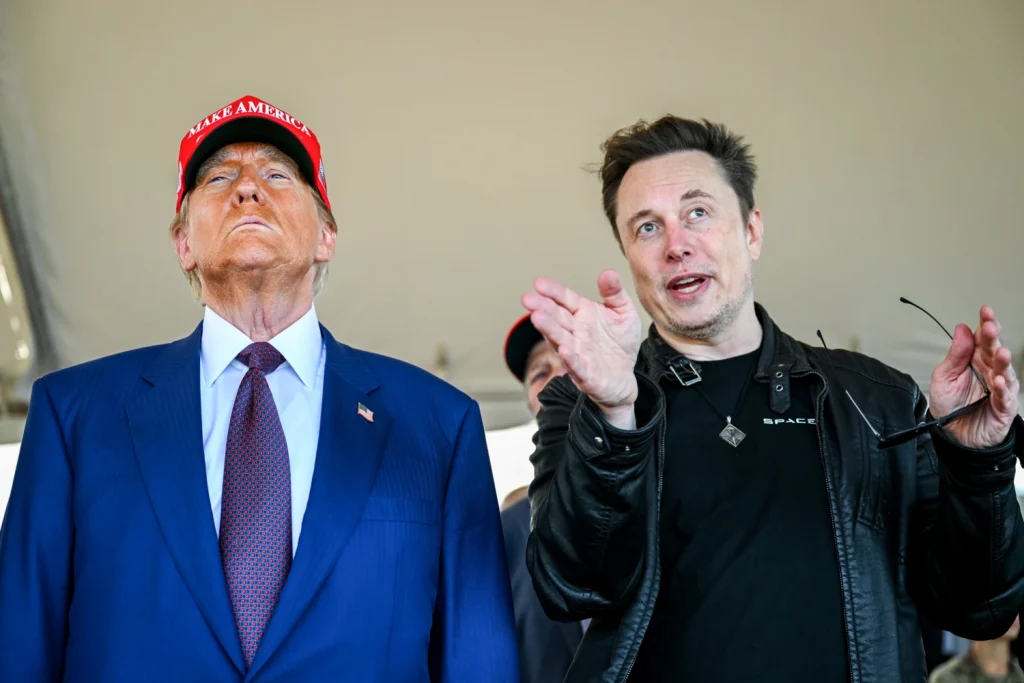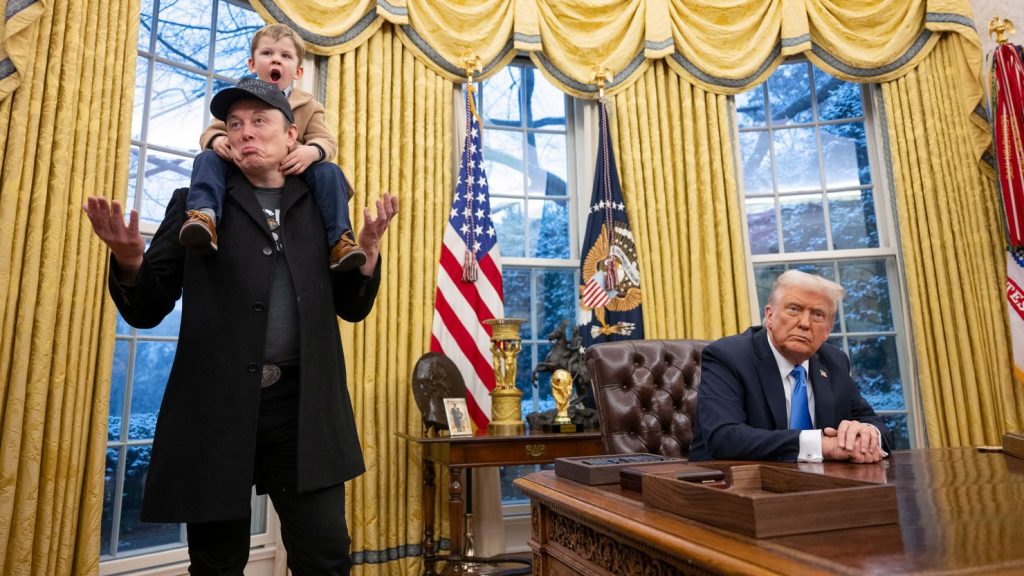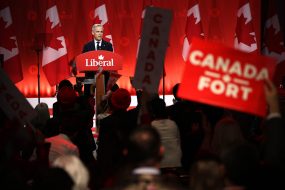Elon Musk, the billionaire entrepreneur behind companies like Tesla and SpaceX, has become a household name, constantly making headlines with his groundbreaking achievements and audacious plans. From sending rockets into space to building electric cars, Musk’s influence stretches far beyond the boardroom. So, when rumors began circulating about his involvement with the Trump administration, the question arose: what exactly is Musk’s role in this political landscape, and does he really have any real power?
To unravel this mystery, it’s essential to look at Musk’s public stance and his dealings with former President Donald Trump during his time in office.
A Partnership Built on Innovation
When Trump was elected president in 2016, many business leaders were quick to meet with him. Musk was no exception, sitting down with Trump early in his presidency as part of a group of CEOs from various industries. But unlike other corporate leaders, Musk’s relationship with Trump has been… complicated.

At the start, Musk faced criticism for participating in Trump’s advisory council, a group formed to provide counsel on a range of issues, including business and economic matters. Musk defended his participation by stating that he felt a responsibility to be part of the conversation, hoping to influence policy for the betterment of technological progress. But just six months later, Musk would part ways with the council after Trump withdrew the United States from the Paris Climate Agreement—a move that went directly against Musk’s dedication to sustainability and clean energy.
This departure didn’t end Musk’s relationship with Trump’s administration, however. While Musk openly disagreed with many of Trump’s policies, particularly on climate change, he maintained a connection with key figures within the White House. It was clear that Musk’s companies were poised to benefit from certain government policies that were aligned with his interests, especially regarding space exploration, electric vehicles, and renewable energy.
The Power Play: Musk’s Influence Under Trump
So, does Elon Musk have real power in Trump’s administration? While he was never officially part of Trump’s inner circle or a political appointee, Musk’s sway over policy-making and government action was undeniable.
One of the key areas where Musk’s influence was most visible was in the realm of space policy. In 2017, SpaceX became a major player in reshaping America’s space ambitions, with the Trump administration pushing for greater private-sector involvement in space exploration. SpaceX’s ability to successfully launch rockets and send astronauts to the International Space Station under the NASA Commercial Crew Program cemented the company’s place as a leader in space innovation. While Musk wasn’t directly pulling the levers of government policy, his company’s achievements were undeniably reshaping the national narrative on space exploration.
Moreover, Musk’s Tesla benefited greatly from government incentives under Trump, particularly with tax breaks for electric vehicle production. However, Musk has always made it clear that he does not depend on government subsidies, stating in interviews that Tesla’s success was never tied to handouts. Still, the regulatory environment during the Trump years helped solidify Tesla’s dominance in the EV market, with the company expanding its production capacity and creating thousands of jobs.
A Polarizing Figure
Musk’s political presence is more symbolic than anything else. Despite his technological genius, he’s never embraced a clear-cut political identity. Musk has often called himself a “moderate” and has publicly criticized both major political parties in the United States. His political statements, especially on topics like artificial intelligence and universal basic income, have made him a controversial figure.

When it comes to the Trump administration, Musk’s relationship with the president can be described as pragmatic at best. While the two shared some common ground—particularly in their mutual admiration for business and economic growth—their ideological differences were stark. Musk’s progressive stance on climate change and clean energy often put him at odds with Trump’s administration, which took a less aggressive approach to environmental policy.
Conclusion: Musk’s Real Power?
Musk’s real influence on Trump’s administration lies not in political appointments or official roles, but in his ability to shape public discourse and policy through his companies. As the CEO of Tesla and SpaceX, Musk has leveraged his technological expertise and business acumen to carve out a space for himself in the political conversation. Whether or not that translates to “real power” is subjective, but one thing is clear: Elon Musk’s impact on the Trump administration—and on the world at large—is undeniable.
His power isn’t defined by the political positions he holds but by the undeniable force of innovation and ambition that drives his companies forward. Whether under Trump or any future administration, Musk’s influence will likely continue to grow, pushing industries and governments to rethink what’s possible in the realms of space, energy, and technology.












